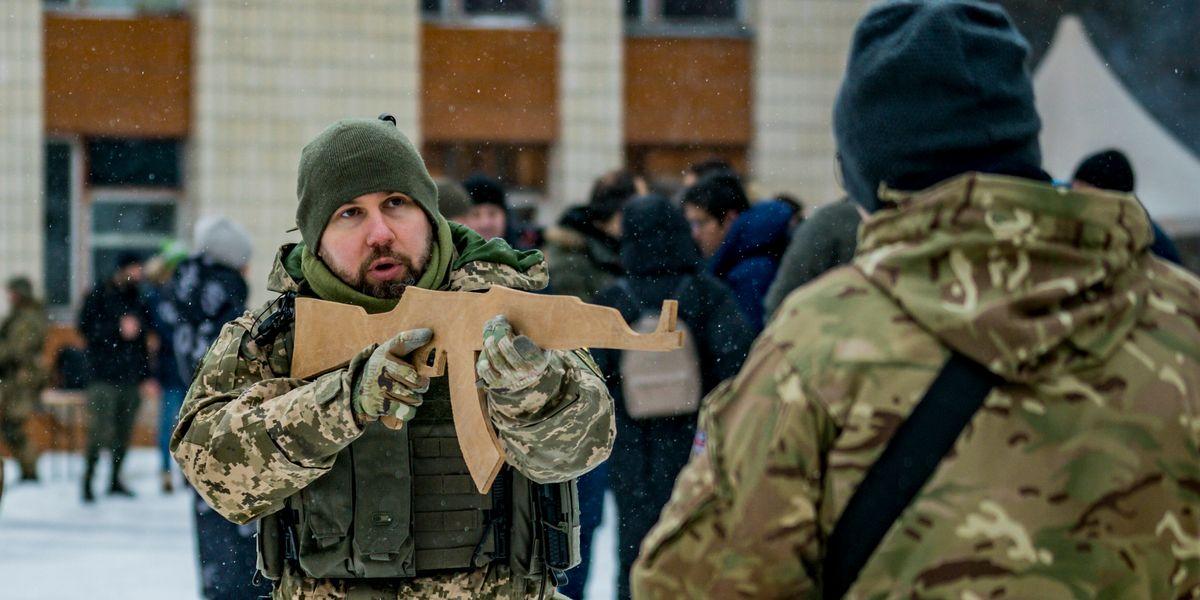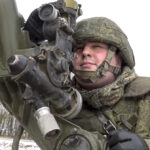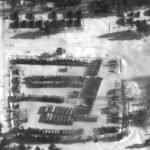
WASHINGTON — Russia has assembled at least 70% of the military firepower it likely intends to have in place by mid-month to give President Vladimir Putin the option of launching a full-scale invasion of Ukraine, U.S. officials say.
The officials, who discussed internal assessments of the Russian buildup on condition they not be identified, sketched out a series of indicators suggesting Putin intends an invasion in coming weeks, although the size and scale are unclear. They stressed that a diplomatic solution appears to remain possible.
Among those military indicators: an exercise of Russia’s strategic nuclear forces that usually is held each fall was rescheduled for mid-February to March. That coincides with what U.S. officials see as the most likely window for invasion.
The officials made no suggestion that a prospective conflict would involve the use of nuclear weapons, but the Russian exercise — likely involving the test-launching of unarmed long-range missiles on Russian territory — could be used as a message aimed at deterring the West from intervening in Ukraine.
U.S. officials have said in recent weeks that a Russian invasion could overwhelm Ukraine’s military relatively quickly, although Moscow might find it difficult to sustain an occupation and cope with a potential insurgency.
The ongoing Russian buildup comes as the Biden administration has been disclosing intelligence in hopes of preemptively countering Russian disinformation and blocking Putin’s plans for creating a pretext for an invasion. But it has come under criticism for not providing evidence to back up many of its claims.
On Saturday, The New York Times and The Washington Post said officials were warning that a full Russian invasion could lead to the quick capture of Kyiv and potentially result in as many as 50,000 casualties. A U.S. official confirmed that estimate to The Associated Press. But it’s not clear how U.S. agencies determined those numbers, and any predictions about how an invasion would proceed and the human cost it would inflict are inherently uncertain given the vagaries of war.
President Joe Biden has said he will not send U.S. troops to Ukraine to fight a war. He has, however, ordered additional forces, including combat troops, to Poland and Romania to reassure those NATO allies that Washington would fulfill its treaty commitment to respond to Russian aggression against NATO territory. Ukraine is not a NATO member but receives U.S. and allied military support and training.
This article originally appeared on HuffPost and has been updated.




